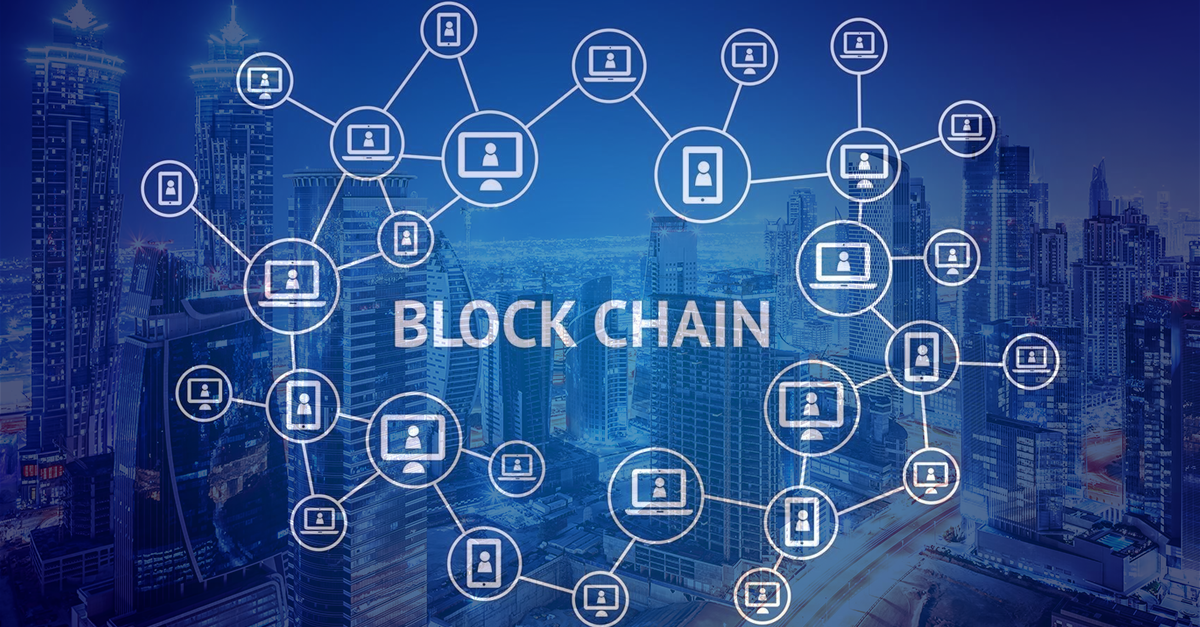Swift, Simple, & Secure: How Blockchain is transforming Dubai Real Estate
As 2018 draws to a close, the one universally acknowledged fact – across geographies, populations and walks of life – is the world’s decisive embracing of digital transformation. The UAE – and Dubai, in particular – has emerged as an enthusiastic early adopter of empowering digital technologies, with a clear vision to this end being pursued, in words and in deeds. The Dubai real estate industry is no exception to this rule and may well be a leader in deploying digital solutions, as a means to optimize its operations, profits and scale. One of the most powerful of these new technologies is blockchain.
On the 1st of May, 2018, the Department of Economic Development (DED) in Dubai and Dubai Silicon Oasis Authority (DSOA) announced a project that seeks to deploy blockchain technology in a fundamentally transformative way. Named the Dubai Blockchain Business Registry Project and developed in collaboration with Smart Dubai and IBM, the initiative is part of the Dubai Blockchain Strategy that seeks to transform Dubai into the first city in the world to be comprehensively enabled by blockchain, by the year 2020. In alignment with the Unified Commercial Registry, the project will vastly improve business operations across numerous industries, as well as facilitating foreign direct investment (1). The Dubai real estate sector will be one of the most obvious beneficiaries of this initiative. The Dubai Land Department had already announced its blockchain based records initiative, in the second half of 2017, in association with Dubai’s Real Estate Regulatory Agency (RERA) (2).
The next generation of technology within the real estate sector – commonly referred to as PropTech 3.0 – will center on an adoption of several digital solutions, across multiple aspects of the business. In an industry fundamentally built on investments and interactions, blockchain is a technology that will find many possible applications. The recently concluded Proptech Middle East 2018 conference, held in Dubai, featured a considerable focus on the possibilities that blockchain technology can enable, especially when considering the twin advantages of speed and security. Real estate financial technology can benefit greatly from blockchain deployments and the business enhancements they can empower. The adoption of blockchain can enable financial transactions, across the entire spectrum of leasing, purchase and mortgages, to become more secure, transparent and easy.
Real estate investment trust (REIT) funds based on the innovations that blockchain technology makes possible are an emerging industry business model that will enable greater access across markets and geographical locations for everyday investors. Global REIT, the world’s first sharia compliant blockchain based REIT, has ambitious plans and its first acquisition, the Mysk by Shaza hotel on the Palm Jumeirah, is valued at $75 million (3). Underscoring the uptake of the technology, even on consumer platforms,
UAE’s largest classifieds website Dubizzle is now facilitating the purchase of property using cryptocurrencies (4). As a significant platform for real estate transactions across the emirates, this is a big step towards the mainstream acceptance of all blockchain based e-marketplace transactions, not just real estate.
Within the real estate sector, the creation and enforcement of smart contracts may prove to be single greatest application of blockchain. Additionally, from making paper heavy legacy processes redundant, to protecting data and owner’s rights digitally, blockchain has powerful applications and implications. Fundamentally, the immutable and instantly verifiable nature of blockchain records introduces assured security, which in turn makes transactions simpler and speedier to enact.
As a self-regulated and decentralized ledger, blockchain provides a degree of certainty that long-term and sizeable holdings of the sort typical to the real estate industry can greatly benefit from. Minimizing dependencies on intermediaries and intimidating regulatory environments, blockchain can provide developers, investors and the entire real estate sector with a secure and highly efficient means to transact across the limitations of borders and market specifics.
Perhaps no other sector of business is as crucially and fundamentally dependant on market sentiment and confidence, as the real estate industry. To this end, blockchain technology represents the next and logical enhancement of the sector. Several recent initiatives introduced by the UAE government have already provided considerable impetus to the creation of lucrative and financially sound opportunities, for investment in the UAE real estate sector. An emphasis on livability and the commitment towards leading the world in convenience, comfort and happiness will, no doubt, add even more interest in the city as an investment destination. Given these strengths, blockchain could prove to be a tremendously empowering and gamechanging element, to take the UAE real estate sector to unprecedented heights.
2. https://www.dubailand.gov.ae/English/Pages/Blockchain.aspx




